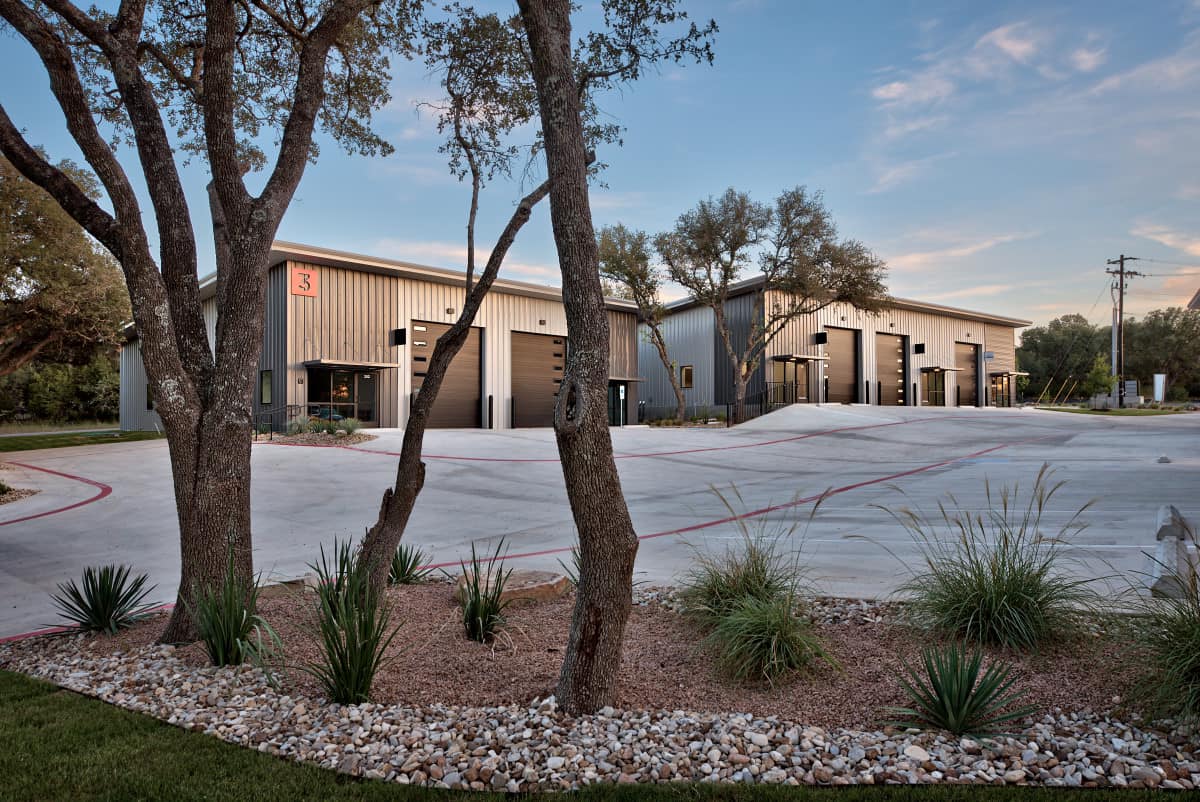Leasing warehouse space is a critical step for many small businesses, whether you’re expanding operations, launching new products, or needing more room for inventory. However, finding the right warehouse can feel overwhelming if you’re unfamiliar with the process. This guide will help small business owners navigate the key factors when leasing warehouse space, ensuring you find the best fit for your business needs.
Determine Your Warehouse Needs
Before you begin your search for a warehouse, it’s crucial to assess your business needs. Do you need a basic storage facility, or does your business require specific features like climate control, loading docks, or higher ceilings? Understanding the flow of your operations is essential—how much space do you need now, and how much will you need as your business grows? Knowing your warehouse requirements up front will make it easier to filter through listings and avoid spaces that aren’t suitable for your operations.
Choose the Right Location for Your Warehouse
Location is a top priority when leasing warehouse space for your small business. The right location can reduce transportation costs and improve shipping times. If your business relies on frequent deliveries, choose a location close to highways, transportation hubs, or suppliers. Proximity to your customer base can also reduce shipping times, improving customer satisfaction. Additionally, think about the availability of labor in the area, as your business may need local workers to help with warehouse operations.
Understand Different Commercial Lease Types
Commercial leases come in various forms, and knowing the differences is crucial when leasing warehouse space. Here are the most common types:
- Gross Lease: The tenant pays one lump sum, and the landlord covers expenses like property taxes, maintenance, and insurance.
- Net Lease: The tenant pays rent plus some or all of the property’s operating costs, like taxes and insurance. Net leases are further divided into single, double, or triple net, depending on how much responsibility you assume for expenses.
- Modified Gross Lease: This lease is a middle ground, where tenants pay a base rent and share some operational costs with the landlord.
Understanding your lease type will help you anticipate monthly expenses and avoid unexpected costs down the road.
Calculate Total Warehouse Leasing Costs
Leasing a warehouse involves more than just rent payments. When evaluating warehouse space for your business, take into account additional costs like utilities, property maintenance, insurance, and taxes. You should also factor in any common area maintenance (CAM) fees or potential rent increases over the lease term. Understanding the full cost of leasing a warehouse will ensure you can budget accurately and avoid any surprises later.
Negotiate Your Lease Terms
Don’t hesitate to negotiate the terms of your warehouse lease. Most landlords are open to discussions, and you can often get a more favorable deal. Whether you’re looking for a lower monthly rate, a longer rent-free period for setup, or additional property improvements, negotiating is key to securing terms that benefit your business. Pay close attention to the lease length as well—small businesses often need flexibility, so a shorter lease might be preferable, but stability could make a longer term attractive.
Plan for Business Growth
When leasing warehouse space, always plan with future growth in mind. You may only need a small warehouse now, but if your business is expanding, consider choosing a space with room to grow. Alternatively, negotiate terms that allow for a future expansion or relocation. Planning for growth helps avoid costly and disruptive moves as your business scales up.
Check Zoning and Compliance for Warehouse Use
Before signing a lease, make sure the warehouse you’re considering is properly zoned for your business operations. Confirm that the property meets local zoning laws and is approved for the specific industry activities you plan to conduct. Additionally, check that the warehouse complies with health, safety, and environmental regulations. Non-compliance with local laws can result in fines or disruptions to your business, so it’s essential to verify that the space meets all legal requirements.

